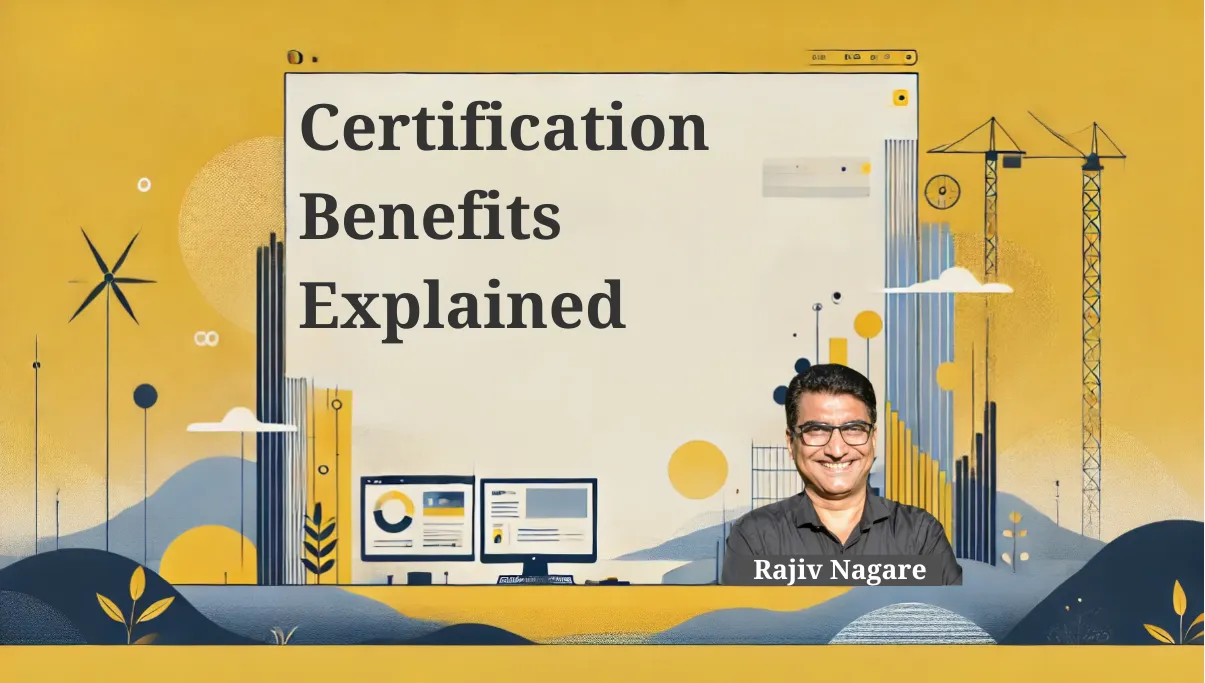What Skills or Competencies Should I Develop Alongside My Degree to Boost My Promotion Chances?
In today’s competitive job market, earning a degree is only the beginning of a successful career. For young professionals in industries like IT, BFSI, services, and manufacturing, developing the right skills and competencies alongside formal education can significantly improve promotion prospects and overall career growth. This blog will explore the top skills to prioritize, the essential competencies for success, the skills needed for immediate impact and future business needs, and how to continue growing if promoted.

1. What are Your Top 3 Skill Development Priorities?
Building skills outside of your formal degree can transform your career. The following three skills are crucial for promotion opportunities:
Communication Skills
Strong communication is vital for professional growth. In workplaces, effective communication can mean clearly explaining ideas to your team, writing reports, and handling clients. Start improving this skill by practicing how you speak, write emails, and listen to others’ ideas. Communication also includes being able to listen actively and understand people’s needs.
Problem-Solving Skills
Problem-solving skills help you handle unexpected situations. When faced with challenges, employees who think critically and work towards a solution are valued. You can build this skill by breaking problems down into smaller parts and analyzing each one. Practicing logical thinking, brainstorming, and learning from past mistakes also helps. With strong problem-solving abilities, you’ll demonstrate to your employers that you can handle increased responsibilities, a key factor in getting promoted.
Leadership Skills
Leadership isn’t just about being in charge; it’s about motivating others, managing conflicts, and guiding your team towards shared goals. Developing leadership skills, even if you’re not in a leadership position, shows your potential to handle bigger responsibilities. Practice leadership by taking small initiatives, offering to help teammates, or volunteering to lead small projects. Building leadership skills now will make you more prepared to take on advanced roles in the future.
These three skill areas – communication, problem-solving, and leadership – will set a strong foundation for career advancement and set you apart when promotion opportunities arise.
2. Which Skills and Competencies Do I Need to Succeed?
To succeed in any career, developing a balance of both technical and soft skills is essential. Here’s a look at the skills you should focus on:
Technical Skills Relevant to Your Field
In sectors like IT, BFSI, and manufacturing, technical skills are essential. For example:
- IT professionals should stay updated on programming languages, cybersecurity practices, and AI advancements.
- BFSI employees can focus on financial analysis, regulatory compliance, and risk management.
- Manufacturing professionals should understand quality control, automation, and safety protocols.
Emotional Intelligence
Emotional intelligence (EI) helps you understand and manage your emotions and those of others. High EI is essential for teamwork, managing stress, and resolving conflicts. Start developing EI by practicing self-awareness, empathy, and managing stress effectively.
Project Management Skills
Understanding project management can make a big difference in your career, especially if you work in fast-paced environments. Learn the basics of planning, scheduling, and managing resources to complete tasks efficiently. Project management skills make you stand out as someone who can handle complex work without needing close supervision.
Adaptability
With technology and business practices evolving fast, adaptability is crucial. Being open to change and ready to learn new methods or technologies shows your employers that you can handle future challenges. Adaptability also makes you flexible, which is a valuable trait in today’s dynamic work environment.
Building these competencies ensures that you’re well-rounded, prepared to tackle any challenges, and ready for potential promotions.
3. What Competencies and Skills Would You Like to Develop to Increase Effectiveness Now and Prepare for Future Business Needs?
To thrive now and in the future, you’ll need skills that improve your current performance and prepare you for upcoming industry trends.
Digital Literacy and Data Analysis
With digital transformation ongoing across industries, understanding digital tools and analyzing data is essential. Digital literacy includes knowing how to use software, tools, and platforms that are industry-specific. Data analysis is crucial for making informed decisions, so learning to interpret data accurately is highly valued in today’s job market.
Networking and Relationship-Building Skills
Strong networking skills help you make connections that could lead to new opportunities. Building a network in your industry allows you to stay updated on new trends, gain career advice, and access the hidden job market. Practice networking by attending industry events, joining online communities, and connecting with professionals on LinkedIn.
Innovation and Creative Thinking
Creative thinking helps you find unique solutions and improve business processes. Innovation skills involve developing new ideas that add value to your organization, helping you stand out to employers. You can practice creativity by brainstorming, looking at problems from different angles, and staying curious about trends in your field.
By focusing on these skills, you not only perform better in your current role but also position yourself as an adaptable and future-ready professional.
4. How Will You Continue to Grow and Develop Your Skills if Promoted?
Continuous learning is the key to sustained career growth. Here are some practical ways to keep learning and developing after being promoted:
Set Learning Goals for Yourself
Setting learning goals helps you stay focused on growth. Identify which areas you’d like to improve, such as mastering a new technology, improving time management, or enhancing client relations. Setting specific learning goals each year ensures that you continue to grow even with a busy schedule.
Enroll in Relevant Courses or Certifications
Certifications and courses are a great way to stay updated on industry standards. Online platforms and professional training programs offer flexible learning opportunities. Look for certifications that enhance your technical and leadership skills, such as project management, advanced digital tools, or business communication.
Seek Mentorship and Guidance
Mentorship is highly valuable when moving up in your career. A mentor can provide feedback, offer advice on handling new responsibilities, and help you develop the skills required for higher positions. Seek out mentors within your organization or industry to gain insights and continue your growth.
Practice Self-Reflection and Review Your Progress
Regularly reviewing your growth and reflecting on your achievements and challenges keeps you aligned with your career goals. Reflecting on both successes and setbacks allows you to understand areas for improvement and create actionable plans for ongoing skill development.
By continuously focusing on these strategies, you’ll stay relevant, effective, and valuable to your organization, which helps in achieving sustained career growth.
Developing the right skills and competencies alongside your degree is essential for career advancement. Skills like communication, problem-solving, emotional intelligence, and digital literacy can make a significant impact on your career. As you work on these skills, focus on continuous learning and adaptability to prepare for future business needs. By following these strategies, you can increase your promotion chances and succeed in today’s dynamic job market.
Comment below with your thoughts, and let's start a conversation















